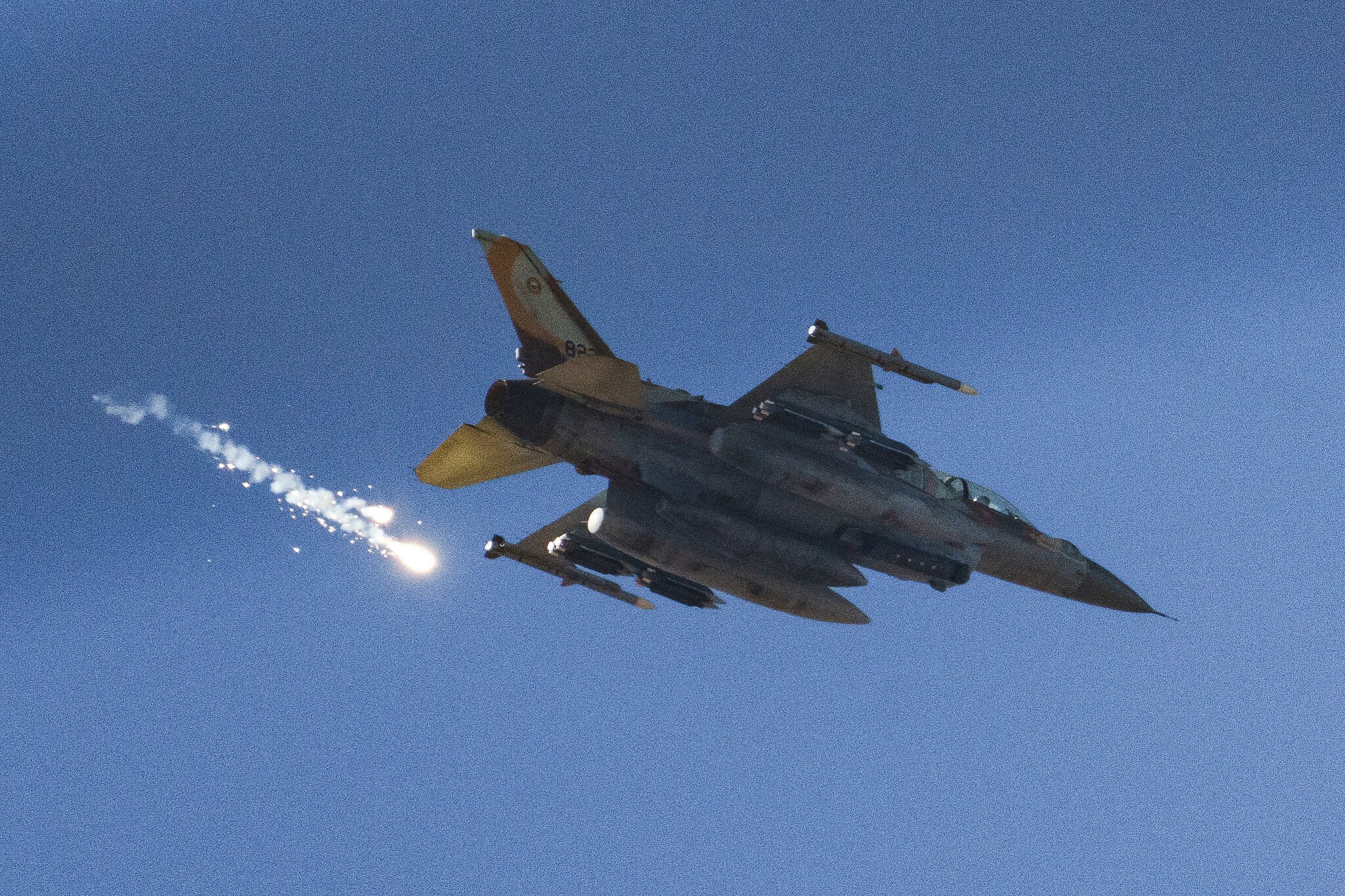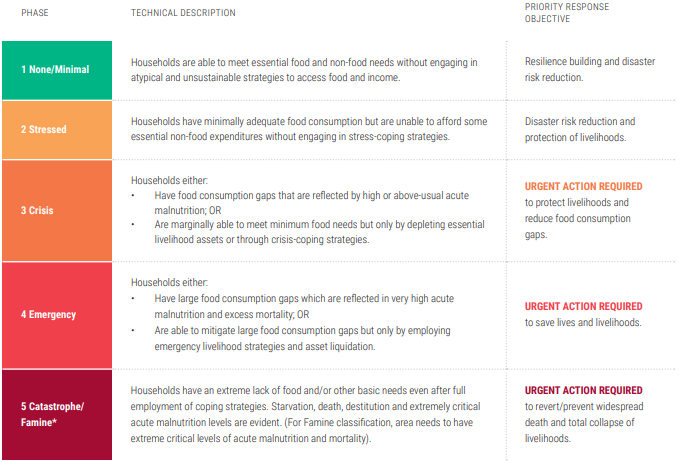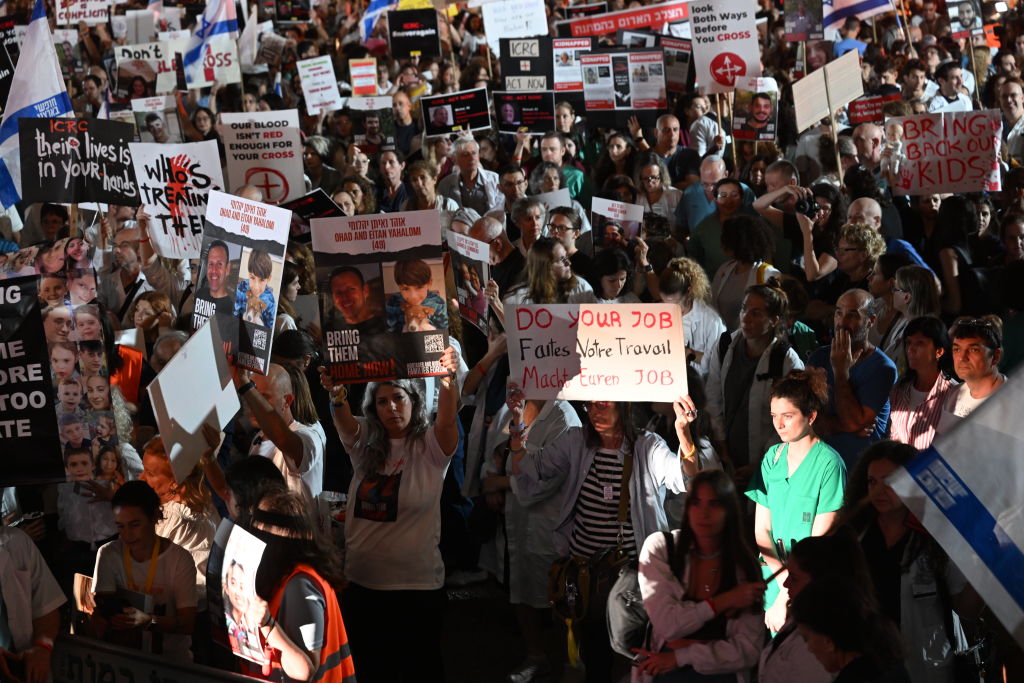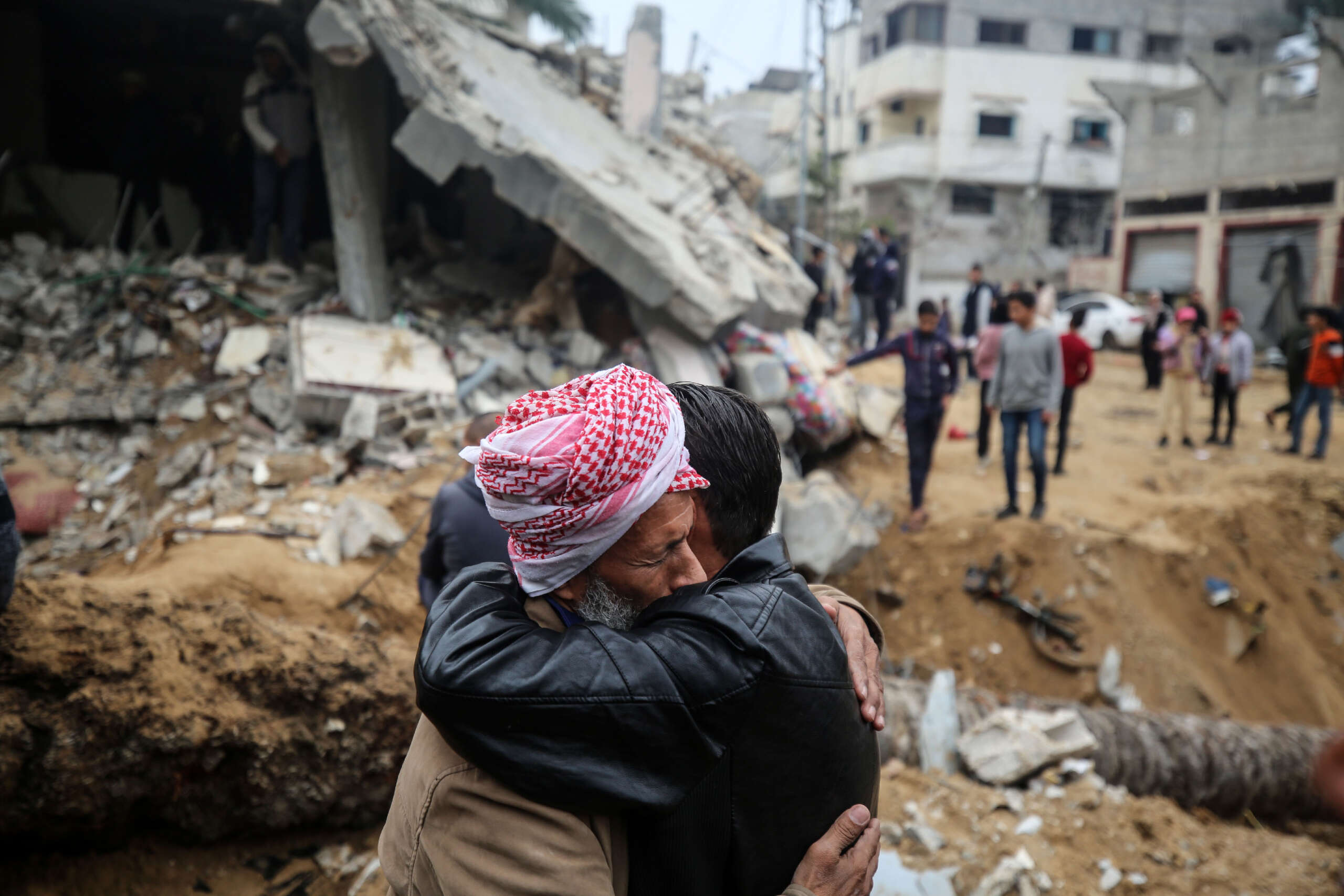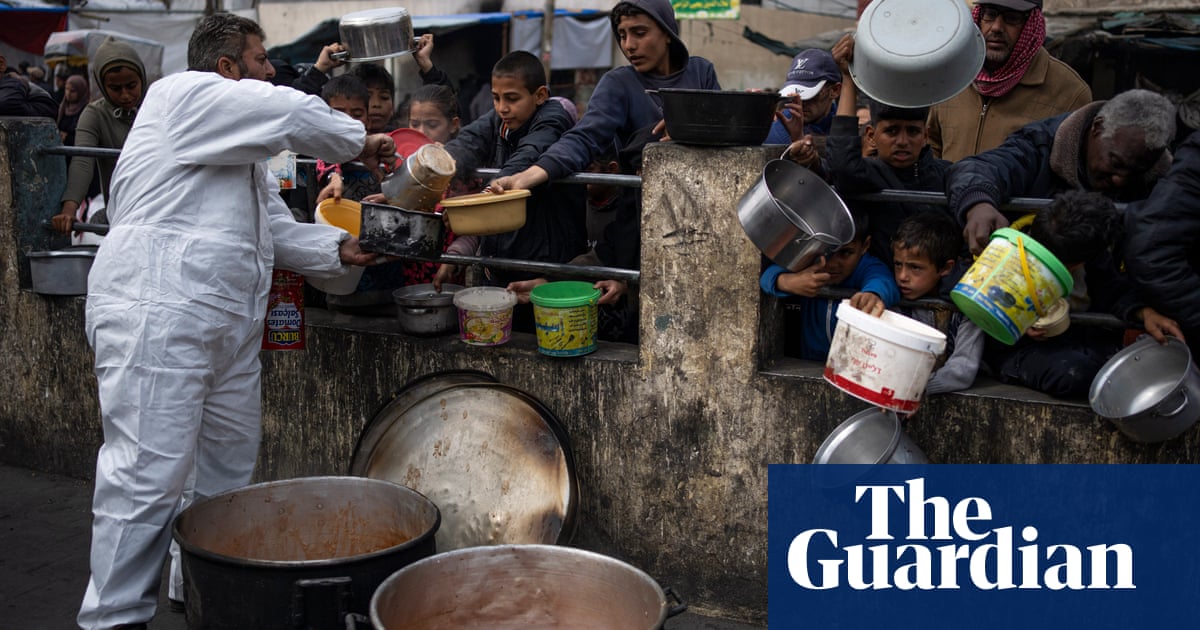Government's endorsement of amended Palestinian statehood motion wins praise, draws outrage
'We were able to find common ground,' Foreign Affairs Minister Mélanie Joly says
The Liberal government's last-minute endorsement of an amended NDP motion on Palestinian statehood is being welcomed by the country's Muslim advocacy group and derided by Jewish voices who say Ottawa has sub-contracted its foreign policy to "anti-Israel radicals."
The motion, introduced by NDP MP Heather McPherson, was controversial from the start. One clause in the original motion called on the government to "officially recognize the State of Palestine."
As the war rages on in Gaza, some of Canada's allies, including the United Kingdom, have signalled they're open to recognizing the Palestinian territories as a state — once some
key conditions are met.
The idea has been pitched as a way to revive dormant peace talks and prompt the creation of an independent Palestinian state next to Israel.
The Trudeau government took out its red pen and amended the language in McPherson's motion to add the stipulation that Canada will "work with international partners" to "pursue the goal of a comprehensive, just and lasting peace in the Middle East," and work "towards the establishment of the State of Palestine as part of a negotiated two-state solution."
Before backing the motion, the government also adjusted its section on military exports. It wouldn't go along with a call to "suspend all trade in military goods and technology with Israel" but agreed to "cease the further authorization and transfer of arms exports to Israel."
As for UNRWA, the UN's Palestinian relief agency, the government agreed to maintain its funding — as it has
announced previously — but it added language to the motion saying it supports an internal investigation into claims that some UNRWA staff took part in the Hamas attack of Oct. 7.
The government also added verbiage about backing "long-term governance reforms" and "accountability measures" at UNRWA. The aid agency has been described by some as an essential lifeline for Gazans living through a destructive war — while some Israelis claim it has been infiltrated by Hamas-linked elements.
Foreign Affairs Minister Mélanie Joly said the government secured important "concessions" before agreeing to the motion's passage.
"We were able to find common ground on the question of the two-state solution, which is important for Canadians and for our country," she said.
NDP Leader Jagmeet Singh said Palestinians are "suffering on a massive scale in Gaza," and the entire population of the territory is "on the brink of starvation."
"Our motion offers real solutions for peace and justice, as well as steps to show that Canada can be a force for good in this world and that Canada and its leaders have the moral courage to say when enough is enough," he said.
Israel launched an offensive in the Gaza Strip following the Hamas-led attack of Oct. 7. The surprise Hamas assault left some
1,200 people — mostly civilians but also soldiers, police officers and security officials — dead in Israel, according to officials, and saw hundreds of hostages taken to Gaza.
Gaza health officials said that, as of last week, Israel's military campaign had killed more than 31,000 people and displaced nearly two million more.
McPherson said she was amenable to the government's changes because the motion was never meant to be "a 'gotcha' motion" — the party wanted the government to come on side.
"This is a moment in time where we need to come up with a better solution for peace in the Middle East," she told CBC News.
The government's changes meant that a motion that was destined to fail — fewer than a dozen Liberal MPs told CBC News earlier Monday they would vote in favour — easily carried the House of Commons, with only the staunchly pro-Israel Conservative caucus, three Liberals and an Independent MP voting nay.
The final vote count was 204 in favour and 117 voting against.
Motion 'rewards Hamas,' says Liberal MP
MP Anthony Housefather, one of the Liberals who voted no, said Canada's Jewish community is feeling "demoralized and intimidated" as it grapples with a spike in antisemitism.
In a speech to the Commons, Housefather said the motion "rewards Hamas," because it creates "a false equivalency between the State of Israel and the terrorist organization Hamas."
"Canada should be standing with Israel. Canada should be defending the right of Israel to fight back against a terrorist organization. We should not be passing motions that make a terrorist organization equivalent to a democratic state," he said.
The amended motion passed by the Commons does describe Hamas as "a listed terrorist organization."
The government agreed to language demanding an immediate ceasefire in Gaza — but added the stipulation that Hamas "must lay down its arms."
Asked if he could stay on as a parliamentary secretary after the government's endorsement, Housefather told CBC News he would "take the time to reflect."
Speaking to reporters on Tuesday before question period, Housefather, who appeared emotional, said he's re-evaluating his place in the Liberal caucus after last night's vote. He said he'd "take the time to reflect" on whether he can stay on as a parliamentary secretary.
"I truly felt last night that a line had been crossed," Housefather said.
"When my party members cheered and gave a standing ovation to Heather McPherson and the NDP, I started reflecting on whether or not I belonged. I didn't feel like some MPs — or a lot of MPs — understood the existential threat that Israel faces.
"I am such a proud Canadian but I also care passionately about the state of Israel because it's the only refuge for Jewish people when they're exiled or thrown out of countries. You need an Israel."
He said the government didn't have to vote for an NDP opposition day motion — it made a choice to adopt something that's been widely panned by many Jewish Canadians, he said. "It easily could have been voted down," he said. "That should have been the course."
While he's uneasy about his place in the party he's called home for most of his life, Housefather said his colleagues have shown him "a lot of love."
CIJA, a Jewish advocacy group, said stripping the unilateral recognition of Palestine from the motion was the result of "substantial mobilization of the pro-Israel community," but it still criticized the motion as passed.
"We are deeply disappointed that the Liberal government has chosen to effectively sub-contract Canadian foreign policy to anti-Israel radicals within the NDP and the Bloc Quebecois," the group said in a statement following the vote.
The National Council of Canadian Muslims (NCCM), a vocal critic of Israel's ongoing war in Gaza and an advocate of Canada taking a harder line against the Jewish state and its leadership, said it was pleased by what it described as "a historic vote."
"Canada voted in favour of Palestine today," the group said. "That is history."
The NCCM said it was happy with what it described as the motion's call for "a weapons embargo" and a passage that would impose "sanctions on settlers" — a reference to one passage of the motion that calls on the government to impose sanctions on "extremist" Israeli settlers in the West Bank who have attacked Palestinians.
Salma Zahid, a Liberal MP who backed the motion from the start, said "a humanitarian crisis of epic proportions" is unfolding in Gaza and Canada must do something.
She said that given the massive civilian death toll in Gaza, Canada needs to "do more than just wag its finger" at the Israeli government over its actions.
Zahid was particularly critical of the Israeli government's tacit acceptance of settlements in the West Bank.
Those settlements, which are seen as illegal under international law, have been described as an impediment to the creation of a future Palestinian state.
"It is time for Canada to stand up and be counted. Canadians are looking to us. They expect us to lead. They expect us to act. Either we stand for peace and justice, or we do not," she said.
https://www.cbc.ca/news/politics/liberal-government-palestinian-statehood-motion-1.7148387